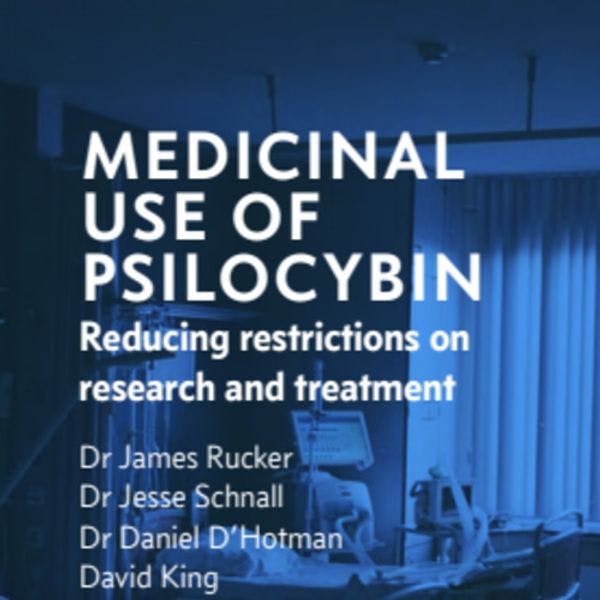Medicinal use of psilocybin: Reducing restrictions on research and treatment
By Dr James Rucker, Dr Jesse Schnall, Dr Daniel D’Hotman, David King, Timmy Davis, Professor Joanna Neill / Adam Smith Institute / Conservative Drug Policy Reform Group (CDPRG)
Even before the Covid-19 emergency, global rates of depression were staggeringly high. It would be surprising if they did not rise further still in response to the measures taken to contain the virus. Since the advent of modern antidepressants in the late 1980s, the use of these medications has become so widespread that they are almost ubiquitous in the treatment of depression. This is despite their often severe side effects, and the fact that they are so regularly ineffective; usually working to minimise the symptoms of depression rather than alleviate the disease itself.
Psychedelic medicines such as psilocybin act in an entirely different way, being administered once or twice by a clinician in a clinical setting and getting to the root of the suffering. Patient access to this novel psychiatric intervention remains totally illegal in the UK, outside of the small sample sizes of the very few and hugely costly on-going clinical trials. The reports of those lucky enough to have received this treatment legally read as unequivocal endorsements, yet the possibility of scaling up the research necessary to roll out these treatments on the widespread scale so desperately needed remains at almost impossible reach.
